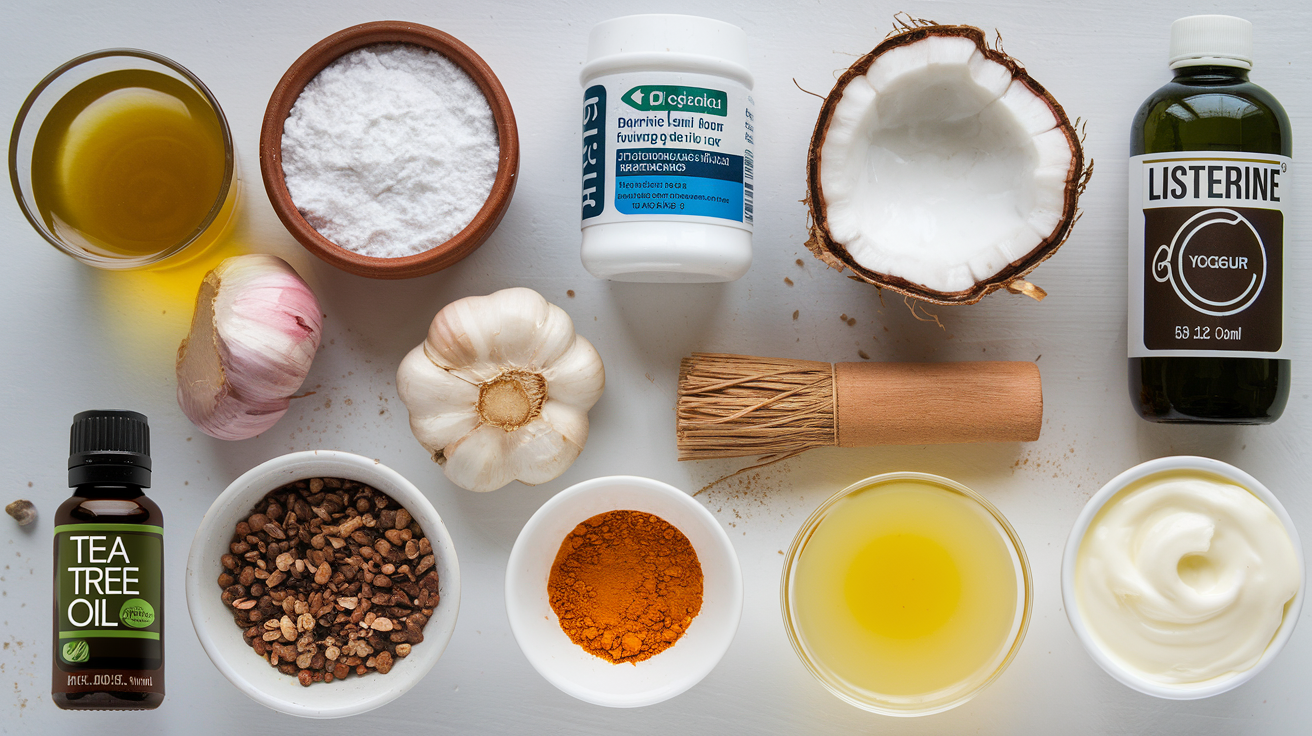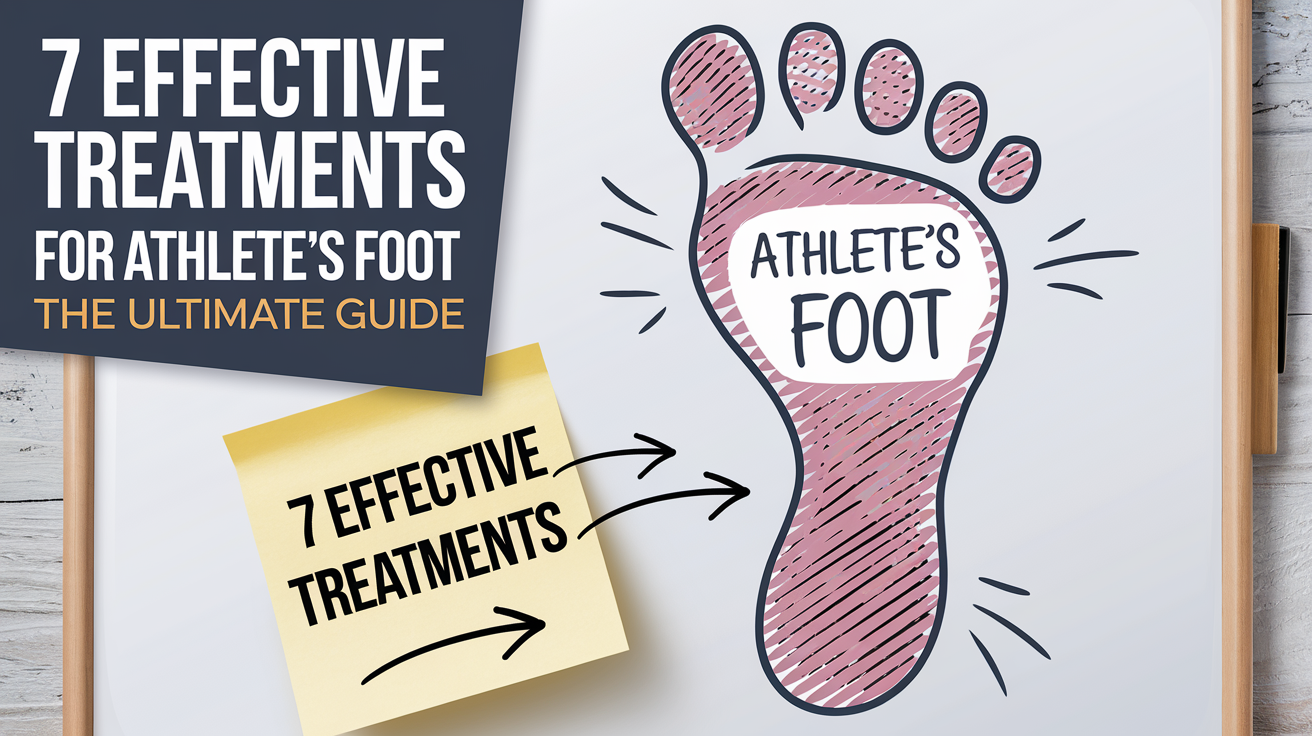Aggression, in its various forms, poses significant challenges to mental health and interpersonal relationships. Recent research has unveiled a surprising link between diet and behavior, specifically highlighting the potential of a common dietary supplement to reduce aggression by up to 28%. This revelation underscores the critical role of nutrition in managing aggression and promoting overall mental well-being.
Aggression manifests differently across individuals, ranging from overt physical acts to subtler forms like passive-aggressive behavior. It often stems from complex interplays of genetic predispositions, environmental factors, and psychological triggers. Understanding these dynamics is essential for developing effective strategies to mitigate aggression’s negative impacts on both personal and social levels.
Understanding Aggression
Aggression encompasses a spectrum of behaviors characterized by hostility, anger, and the intent to cause harm. It can arise from various sources, including stress, frustration, unresolved conflicts, and underlying mental health conditions such as anxiety or depression. Beyond its immediate effects on individuals, unchecked aggression can disrupt relationships, impair work or school performance, and contribute to broader societal issues.
Research underscores the need for holistic approaches to address aggression, integrating psychological interventions, lifestyle modifications, and dietary considerations. The connection between nutrition and mental health has gained increasing recognition, prompting investigations into how dietary factors, including supplements, can influence emotional regulation and behavioral outcomes.
The Role of Dietary Supplements in Mental Health
Dietary supplements play a pivotal role in supporting overall health, particularly brain function and emotional well-being. Essential nutrients like vitamins, minerals, and fatty acids are integral to cognitive processes and mood regulation. Scientific inquiry has revealed compelling links between dietary patterns and mental health outcomes, emphasizing the potential of targeted supplementation in managing conditions linked to emotional dysregulation, including aggression.
Check out for Natural Aggression Management: The Role of Omega-3 Fatty Acids
Omega-3 fatty acids, in particular, have garnered attention for their neuroprotective properties and benefits for mental health. Found abundantly in fatty fish such as salmon, mackerel, and sardines, as well as plant-based sources like flaxseeds and chia seeds, Omega-3s are renowned for their anti-inflammatory effects and role in neuronal membrane integrity. These biological mechanisms underscore their potential to influence brain function and emotional resilience.
The Study on Aggression Reduction
A recent study highlighted in PsyPost investigated the impact of Omega-3 supplementation on aggression reduction. The study employed rigorous methodologies, including randomized controlled trials and comprehensive behavioral assessments. Participants, representing diverse demographic backgrounds, were administered controlled dosages of Omega-3 supplements over a specified period, while changes in aggression levels were meticulously monitored and analyzed.

The findings were striking: participants who received Omega-3 supplements exhibited a significant 28% decrease in aggressive behaviors compared to those in the control group. These results suggest that Omega-3 supplementation may offer a promising adjunctive therapy for individuals struggling with aggression-related challenges, potentially enhancing both personal well-being and social interactions.
The Dietary Supplement in Focus: Omega-3 Fatty Acids
Omega-3 fatty acids constitute a family of polyunsaturated fats essential for numerous physiological functions, prominently including brain health. Eicosapentaenoic acid (EPA) and docosahexaenoic acid (DHA), primary forms of Omega-3s found in fish oil supplements, exert multifaceted effects on neuronal signaling pathways and neurotransmitter systems implicated in mood regulation and emotional stability.
Check out for The Impact of Omega-3 on Mood and Behavior: A Comprehensive Review
Studies have elucidated the mechanisms through which Omega-3 fatty acids modulate brain function, highlighting their role in mitigating inflammation, enhancing synaptic plasticity, and promoting optimal neuronal membrane fluidity. Such physiological enhancements are thought to underpin Omega-3’s therapeutic potential across a spectrum of mental health disorders characterized by emotional dysregulation, including aggression.

Recommended dosages of Omega-3 supplements typically range from 250 to 500 mg daily, although individual needs may vary based on age, health status, and dietary habits. Quality considerations are paramount when selecting supplements, ensuring purity, potency, and adherence to established safety standards.
Practical Tips for Incorporating Omega-3 into Your Diet
Integrating Omega-3-rich foods into daily dietary practices represents a practical approach to enhancing nutritional intake and supporting mental health. Fatty fish such as salmon, tuna, and trout serve as excellent sources of EPA and DHA, offering bioavailable forms of Omega-3 fatty acids essential for cognitive function and emotional well-being.
For individuals adhering to vegetarian or vegan diets, plant-based sources of Omega-3s include flaxseeds, chia seeds, walnuts, and algae-derived supplements enriched with EPA and DHA. Dietary diversification ensures adequate intake of essential fatty acids, complementing overall health goals and potentially mitigating risk factors associated with emotional dysregulation and aggression.
Strategic supplementation with high-quality Omega-3 products, alongside a balanced diet rich in fruits, vegetables, and lean proteins, reinforces comprehensive health management strategies. Consultation with healthcare professionals facilitates personalized recommendations tailored to individual nutritional needs and therapeutic objectives, optimizing the efficacy of dietary interventions in promoting emotional resilience and behavioral health.
Aggression can manifest in various ways, and its signs and symptoms can range from physical acts to verbal and emotional expressions. Understanding these symptoms is crucial for addressing and managing aggression effectively. Here’s a comprehensive look at the signs and symptoms of aggression:
Physical Signs
- Physical Violence: Hitting, slapping, pushing, or using weapons against others.
- Destruction of Property: Breaking objects, vandalizing, or damaging belongings.
- Physical Tension: Clenched fists, tense jaw, or aggressive body language.
- Restlessness: Pacing, fidgeting, or exhibiting nervous energy.
Verbal Signs
- Shouting or Yelling: Raising the voice during arguments or conflicts.
- Threats: Making verbal threats of harm or intimidation.
- Sarcasm and Insults: Using hurtful language, sarcasm, or demeaning comments.
- Overreacting: Exaggerating reactions to minor provocations or criticisms.
Emotional and Psychological Signs
- Irritability: Quick to anger or frustration, often with minimal provocation.
- Hostility: Displaying a pervasive attitude of animosity or antagonism.
- Paranoia: Exhibiting excessive distrust or belief that others are out to get them.
- Impulsivity: Acting on sudden urges without considering consequences.
Behavioral Signs
- Aggressive Outbursts: Frequent outbursts of anger or aggression, sometimes without clear triggers.
- Argumentativeness: Engaging in frequent arguments or disputes, often escalating conflicts.
- Defensive Behavior: Reacting defensively to perceived threats or criticisms, even when they are mild or absent.
- Avoidance: Steering clear of situations or people that might provoke aggressive responses.
Social and Relational Signs
- Strained Relationships: Frequent conflicts or breakdowns in relationships with family, friends, or colleagues.
- Isolation: Withdrawing from social interactions or avoiding situations where conflicts might arise.
- Difficulty with Authority: Challenging or resisting authority figures or rules.
Indicators of Underlying Issues
- Stress or Trauma: Aggression often stems from underlying stress, trauma, or unresolved emotional issues.
- Mental Health Conditions: Aggressive behavior can be linked to conditions like bipolar disorder, borderline personality disorder, or substance abuse.
Recognizing these signs early can help in seeking appropriate interventions and support, whether through counseling, therapy, or other management strategies.
Key Takeaways
- Aggression is a multifaceted behavioral phenomenon influenced by genetic, environmental, and dietary factors.
- Omega-3 fatty acids, particularly EPA and DHA, have demonstrated efficacy in reducing aggression levels by up to 28% in clinical settings.
- Integrating Omega-3-rich foods or supplements into daily dietary practices holds promise for enhancing emotional regulation and promoting mental well-being.

People Also Ask
What foods are high in Omega-3 fatty acids? Omega-3-rich foods include fatty fish (salmon, mackerel, sardines), flaxseeds, chia seeds, walnuts, and algae-based supplements.
Can Omega-3 supplements help with other mental health issues? Yes, Omega-3 supplements have shown beneficial effects in managing conditions such as depression, anxiety, and cognitive decline, owing to their anti-inflammatory properties and neuroprotective benefits.
How long does it take for Omega-3 to show effects? Individual responses to Omega-3 supplementation vary, with some experiencing noticeable improvements in mood and behavior within weeks, while others may require more extended periods for discernible changes.
Are there any risks associated with taking Omega-3 supplements? While generally well-tolerated, high doses of Omega-3 supplements may pose risks such as gastrointestinal discomfort or increased bleeding tendencies, particularly in individuals taking anticoagulant medications. Consultation with healthcare providers ensures safe and effective supplementation practices.
Can children take Omega-3 supplements to manage aggression? Omega-3 supplements can be beneficial for children, contributing to behavioral regulation and emotional resilience. Pediatricians can provide guidance on appropriate dosages and dietary recommendations tailored to children’s developmental needs.
Conclusion
The evolving understanding of nutrition’s impact on mental health underscores the pivotal role of dietary interventions in managing aggression and promoting emotional well-being. Omega-3 fatty acids, supported by robust scientific evidence, offer a compelling avenue for enhancing emotional regulation and reducing aggressive behaviors. As part of a comprehensive health strategy, integrating Omega-3-rich foods or supplements into daily routines holds promise for fostering mental resilience and improving overall quality of life.
Understanding and addressing aggression is crucial for improving both personal well-being and interpersonal relationships. Aggression manifests in various forms, from physical violence to verbal hostility and emotional volatility. Recognizing the signs and symptoms of aggression—such as physical violence, verbal outbursts, irritability, and strained relationships—is the first step toward effective management.
Research highlights the significant role nutrition plays in controlling aggressive behavior. Omega-3 fatty acids, particularly EPA and DHA, have emerged as a promising dietary intervention, demonstrating a potential reduction in aggression by up to 28%. Incorporating Omega-3-rich foods, such as fatty fish and plant-based sources, into your diet or opting for high-quality supplements can be an effective strategy for enhancing emotional regulation and mitigating aggressive tendencies.
By integrating these dietary changes with a comprehensive approach that includes psychological interventions, stress management techniques, and lifestyle adjustments, individuals can better manage aggression and promote overall mental health. Consulting with healthcare professionals for personalized advice ensures that dietary and therapeutic strategies are tailored to individual needs, optimizing their effectiveness.
In summary, addressing aggression involves a multi-faceted approach that combines understanding its diverse manifestations with actionable dietary and behavioral strategies. Omega-3 fatty acids offer a compelling solution supported by scientific evidence, making them a valuable component of a holistic approach to managing aggression and fostering emotional resilience.
Incorporating Omega-3 fatty acids into your diet offers a scientifically supported approach to managing aggression and improving overall mental well-being. The evidence suggesting that Omega-3s can reduce aggressive behavior by up to 28% highlights their potential as a valuable part of a comprehensive emotional regulation strategy. By integrating Omega-3-rich foods like fatty fish, flaxseeds, and chia seeds into your diet or choosing high-quality supplements, you can support better mental health and emotional balance.
However, addressing aggression effectively involves more than just dietary adjustments. A holistic approach that includes psychological support, stress management techniques, and lifestyle changes is crucial for comprehensive care. Personalized guidance from healthcare professionals ensures that these strategies are tailored to individual needs, enhancing their effectiveness.
Adopting these practices not only helps in managing aggression but also contributes to overall emotional resilience and improved quality of life. By understanding the complex interplay of diet, behavior, and mental health, individuals can make informed decisions that support their well-being and foster healthier relationships.
External links
-
Mayo Clinic – Omega-3 Fatty Acids: An Essential Contribution
- Mayo Clinic provides comprehensive insights into the benefits of Omega-3 fatty acids, including their role in managing various health conditions and potential impacts on mental well-being.
-
National Institutes of Health (NIH) – Omega-3 Fatty Acids
- The NIH Office of Dietary Supplements offers a detailed fact sheet on Omega-3 fatty acids, covering their health benefits, including mental health implications.
-
Harvard Health Publishing – Omega-3 Fatty Acids: Benefits Beyond the Heart
- Harvard Health Publishing explores the extensive benefits of Omega-3s, including their potential effects on mood and behavior, supported by current research.
-
- WebMD provides a comprehensive overview of Omega-3 fatty acids, including their health benefits and potential role in mental health and behavior.
-
Cleveland Clinic – Omega-3 Fatty Acids: What You Need to Know
- Cleveland Clinic offers detailed information on Omega-3 fatty acids, their benefits, and their role in improving various health conditions, including mental health.
Health Disclaimer
The information provided in this blog post is intended for educational and informational purposes only and should not be construed as medical advice. While Omega-3 fatty acids have shown potential benefits in managing aggression and enhancing mental health, individual results may vary. It is important to consult with a healthcare professional before making any changes to your diet, starting new supplements, or implementing new treatment strategies. Always seek the advice of your physician or other qualified health provider with any questions you may have regarding a medical condition or treatment. This blog does not substitute for professional medical evaluation, diagnosis, or treatment.








